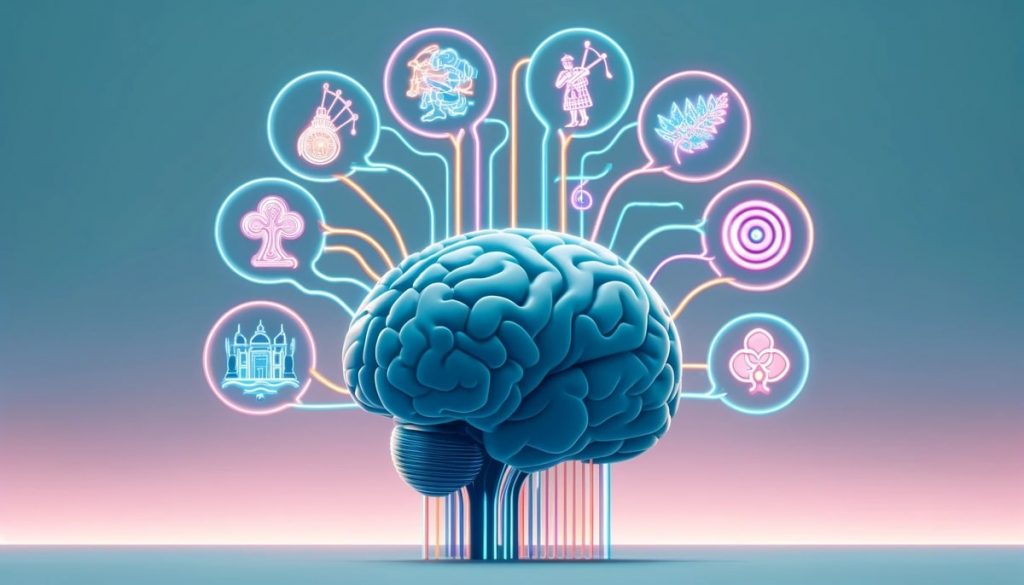The manner in which a person speaks can convey a great deal about them, at least in terms of perception. Listeners tend to make assumptions regarding their ethnicity, socioeconomic status, education, and so on.

How Accents Develop
Accents generally come about when people living in close proximity begin to share a manner of speaking. Over time, this foments what’s known as the “own-accent” bias. Remarkably prevalent, some experiments have demonstrated even infants prefer the sounds of the language spoken in their homes.
Accents, Bias and Credibility
A University of Chicago study found an individual with a pronounced accent was less likely to be believed than someone with a softer accent—even when they were reciting proven facts. In fact, the heavier the accent, the more the speaker’s credibility was questioned.
Encountering an unfamiliar accent, without seeing the person speaking, can activate what’s known as the “memory mechanism.” In such instances, a person’s semantic memory retrieves what the person believes to be known facts. The nature of these stored memories will trigger biases—based upon the associations they recall.
The listener tries harder to understand what the person is saying when the connotations are positive. However, negative perceptions inhibit efforts to understand the accented message. In other words, a person is more likely to process a message when it is delivered in an accent, with which they have pleasant associations. Further, the more a person hears an accent with which they have positive associations, the faster and more accurately they process it.
Psychology vs. Biology
When someone doesn’t like an accent, experts say it has more to do with social psychology than biology. Some maintain it’s nearly impossible to possess a biological distaste for accents. That’s because, like language, accents are a social construct. For better or worse, many people tend to harbor preconceived attitudes about different groups of people. These attitudes can color interactions when communicating with people the listener has been trained to view in a certain light.
Accent Bias in Customer Service
One area where negative bias for accents has a major effect is at customer service centers. In particular, when callers reach representatives whose accents differ from their own, bias towards those accents can play a major role in how the interactions unfolds. Callers want their concerns resolved as swiftly as possible, and anything that hampers that—like struggling to comprehend or trust an unfamiliar accent— can adversely affect the interaction. The more progressive call centers are now turning to accent AI technology, which is capable of softening accents to make them more readily comprehensible. In so doing, this type of solution mitigates potential negative consequences related to accents.
The Takeaway
In the end, the psychological effects of accents can cause people to favor the accent associated with their own social groups—as well as those they consider favorably. Conversely, some listeners (whether consciously or unconsciously) discriminate against people whose accents they perceive negatively. Companies are turning to accent AI platforms capable of softening accents to make them easier for listeners to process.





